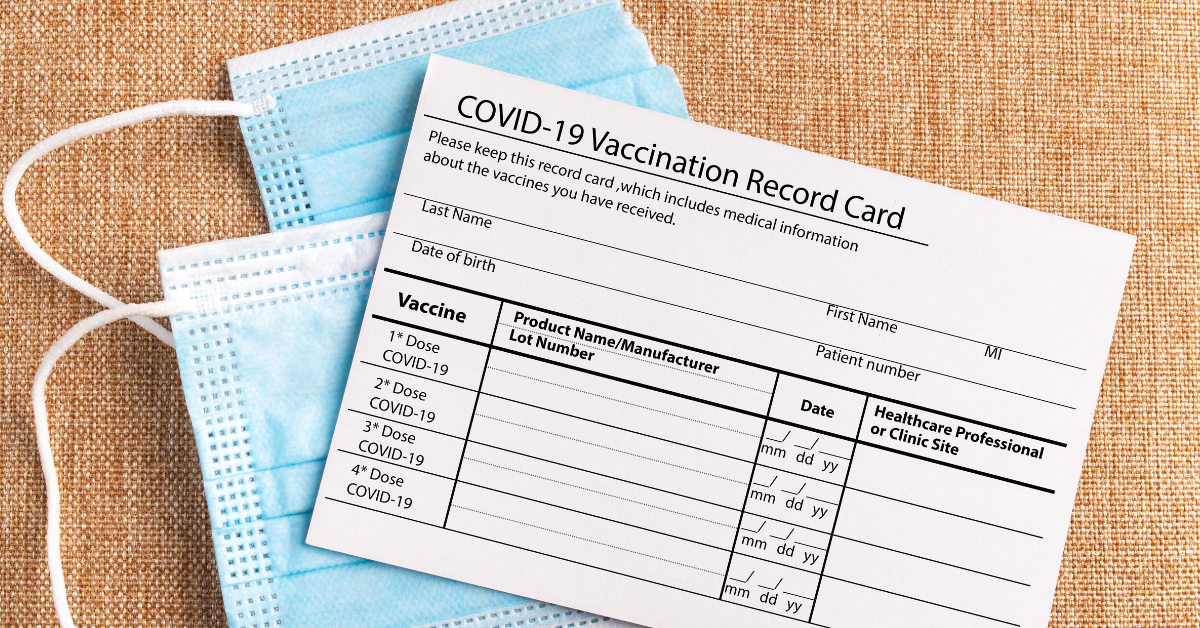
It’s been more than a year since the COVID-19 pandemic began. It has been filled with canceled travel and weddings replaced with drive-by birthdays, baby showers and to-go meals. This pandemic affected us all with employers switching to remote work and children participating in virtual learning. It seems everyone’s routines were interrupted.
In late 2020, COVID-19 vaccines were rolled out and now, as more people are adding newly laminated COVID-19 vaccine cards to their wallets, they wonder if it is safe to resume everyday activities like grabbing brunch with friends. Recently, the CDC issued new guidance for those fully vaccinated, meaning two weeks past their final vaccination.
Tryon Medical Partners wants people who are fully vaccinated to follow these seven recommendations for safe socializing and remember the world is still trying to understand the true efficacy of these vaccines.
1. Continue to Take Precautions in Certain Settings
New CDC guidelines say that vaccinated individuals can resume activities they did prior to the pandemic without wearing a mask or staying six feet apart. “Vaccinated” refers to those who are two full weeks past their final COVID-19 vaccine dose if your vaccine is in a two-dose series like Moderna or Pfizer or two weeks past your one-dose vaccine, like Johnson & Johnson.
Remember, there are some settings where taking precautions is still important. Masking is required in healthcare setting, like Tryon offices, and for public transit like on buses and planes. Workplaces and businesses will have their own policies to follow, as well. For many individuals, masking in any high-traffic or crowded areas may still feel safer and that’s ok.
2. Visit With Other Vaccinated Friends and Family
We’ve been cooped up for more than a year and itching to get out. It was great to hear the CDC say that fully vaccinated people can safely gather indoors. If your circle of friends is sporting their vaccination cards, go ahead and schedule that wine night or dinner with friends. This means grandparents who are fully vaccinated can safely see their unvaccinated grandchildren without having to wear a mask.
It is important to consider that we are still learning how well the COVID-19 vaccine protects those with weakened immune systems.
3. Stick to Outdoor Dining, Happy Hours and Entertainment
While people may have a vaccination card, there are still precautions that make your dining and entertainment experiences safer:
- Eat and choose entertainment options that are outdoors when available.
- Keep your group small.
- Ensure tables are well spaced.
4. Follow Travel Guidelines
According to the CDC, fully vaccinated people are permitted to travel, but they should follow local guidance and the CDC’s requirements and recommendations.
For vaccinated people traveling within the United States, it is no need to get tested or self-quarintine before or after travel. For those traveling internationally, pay attention to the requirements at your destination. You’ll also need to show a negative test result or documentation before boarding a flight back to the U.S. and get tested 3-5 days after returning.
5. Monitor Symptoms if Exposed to COVID
It’s worth noting that fully vaccinated people don’t have to quarantine after being exposed to COVID-19 unless they start experiencing symptoms. If symptoms appear, they should get tested and stay home and away from others for the recommended 14-day time frame.
While being fully vaccinated opens a few social doors, we can’t let our guards down just yet. Researchers are still studying how long protection from the vaccines lasts, which will determine how often we could need booster shots. The virus could continue to mutate so that new versions of the vaccine could be needed in the future regularly, like the influenza vaccines. But researchers don’t know yet.
We are still learning about the protection the vaccine offers and providers continue to hear concerns from patients about stress levels, anxiety and overall mental health.
We know people are ready to socialize and get back to what they consider normal, but we have to be cautious. Remember to follow these recommendations, and if you have any concerns contact your Tryon physician.
